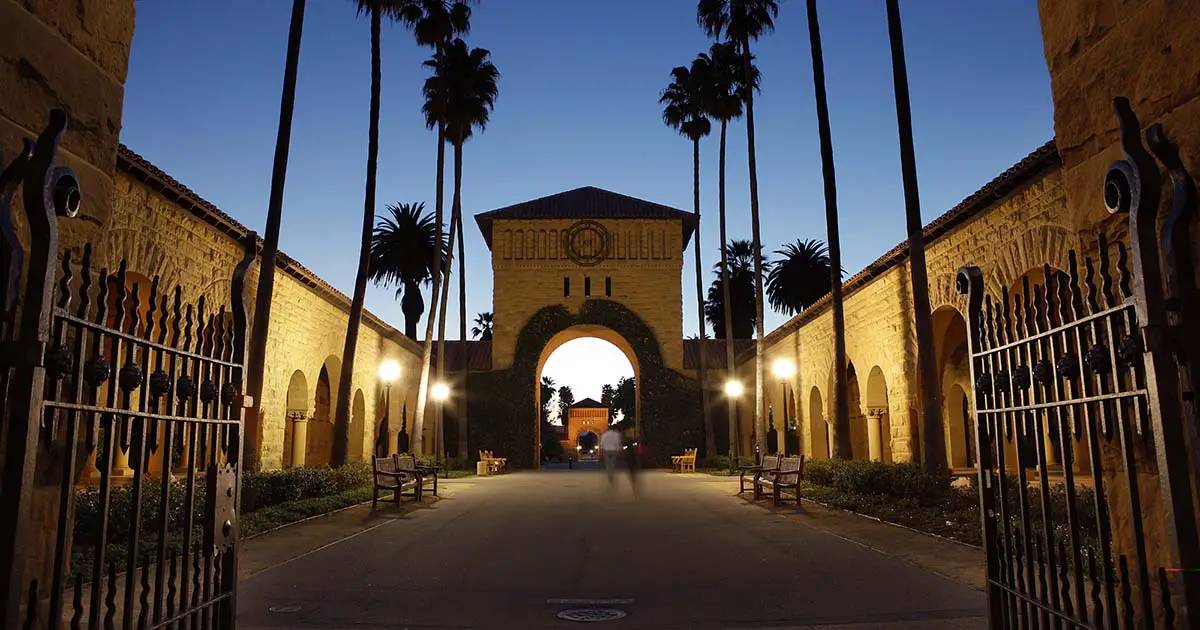Stanford University is planning to spend nearly $4.7 billion to address affordability and transportation challenges facing the Santa Clara community, the university said in a release.
The investment is part of the university’s package offer to Santa Clara County to provide housing, transportation, and public school benefits to the campus community as part of a development agreement addressing its new long-term land use permit, called a General Use Permit.
Last year in October, the Santa Clara County Board of Supervisors voted to enter into negotiations with Stanford for a development agreement that would outline additional benefits the university would provide to the local community as part of the General Use Permit.
Officials suspended the talks with Stanford on its General Use Permit application in November, despite the university agreeing to provide additional benefits to the community.
Over the next 17 years, in addition to adding 2,600 student beds and 550 units of transit-oriented on-campus housing for faculty, staff, and postdoctoral scholars, the university is now proposing to fully meet the demand for 2,172 workforce housing units.
“The Stanford community is confronting the serious regional challenges of affordability, housing availability and traffic congestion, and we’re looking closely at how we can do our part in promoting solutions that serve Stanford and our neighbors,” Stanford President Marc Tessier-Lavigne said in a statement. “This offer reflects our values as a residential university committed to sustainable development and service to the community.”
A part of the package will be invested in sustainable transportation management that will improve local bikeways and Safe Routes to School for Palo Alto students as well.
The university will invest $1.1 billion in expanded sustainable commute options that reduce single-occupancy vehicle trips and traffic on local roads, and provide funding for intersection improvements.
Public schools in Palo Alto would also receive $138 million in benefits over the next 40 years, including up to $15 million for a new space to foster collaboration, an estimated $121.9 million in ongoing financial support for the school district to address costs associated with students living in tax-exempt university housing, and funding for capital improvements to existing school sites and Safe Routes to Schools.
Rockland Community College Initiative to Support Students with Disabilities



